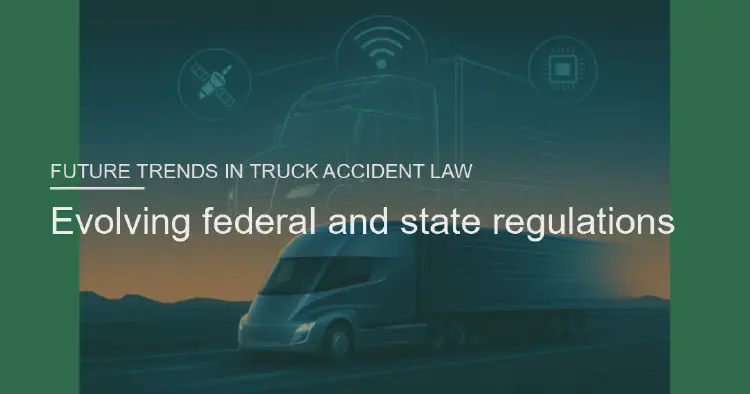
Evolving federal and state regulations
Trucking laws in the U.S. are shaped by both federal and state governments. As technology advances and safety concerns grow, regulations are evolving to address new challenges in the industry.

Trucking laws in the U.S. are shaped by both federal and state governments. As technology advances and safety concerns grow, regulations are evolving to address new challenges in the industry.
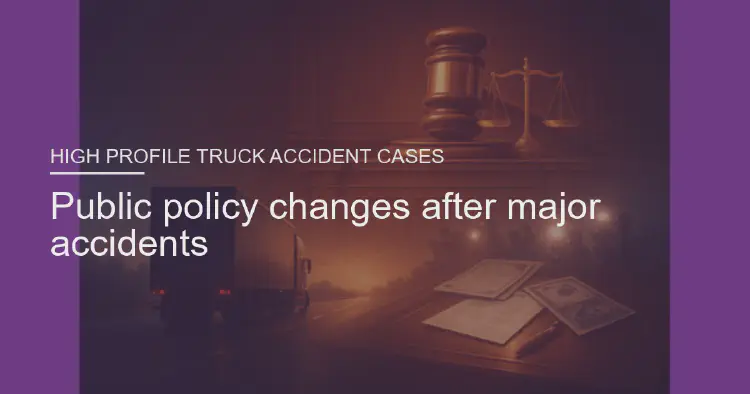
Major truck accidents often expose systemic weaknesses in safety enforcement, prompting lawmakers and regulators to enact policy changes aimed at preventing future tragedies.
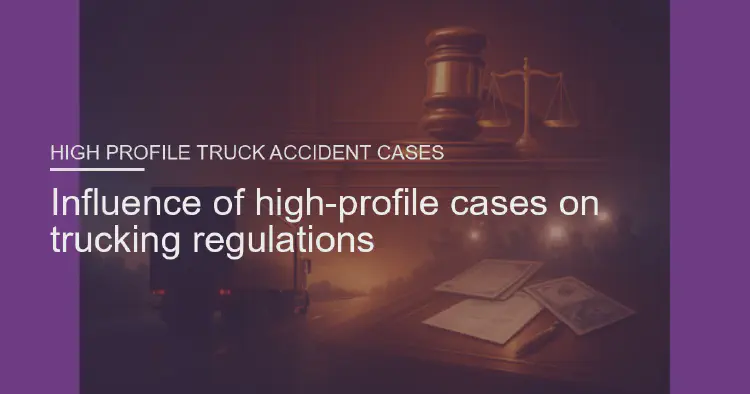
High-profile truck accident cases often extend beyond the courtroom. Their visibility can pressure lawmakers and regulators to tighten safety rules, improve oversight, and hold the trucking industry more accountable.
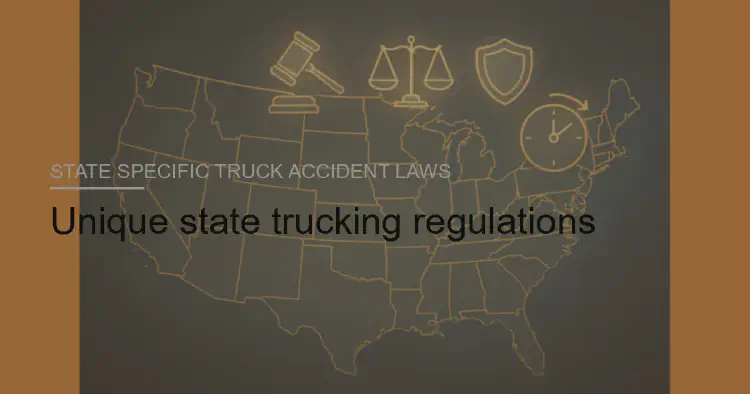
While federal rules under the FMCSA create a baseline for trucking operations, individual states impose additional regulations. These state-specific rules can significantly impact liability and compliance in truck accident cases.
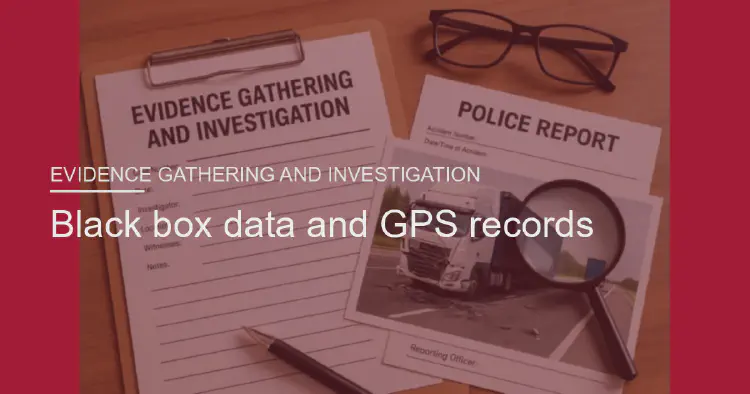
Modern commercial trucks are equipped with electronic systems that record vital operational data. Known as 'black boxes' or Event Data Recorders (EDRs), along with GPS trackers, these devices provide crucial insights into what happened before and during a crash.
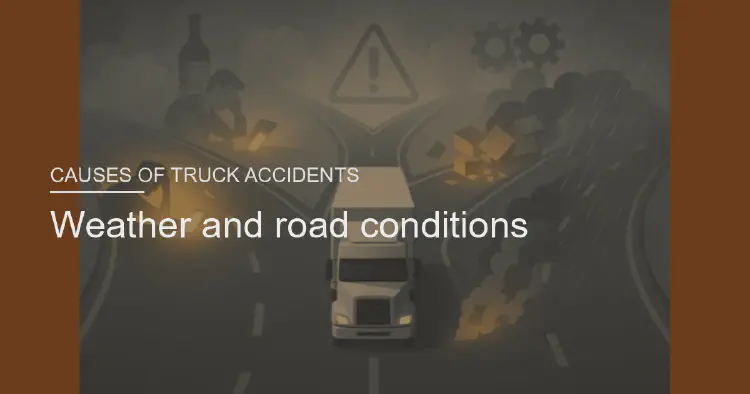
Even when truck drivers and companies follow regulations, external factors such as severe weather and poor road conditions can increase the risk of accidents. These conditions demand heightened caution from truck operators.